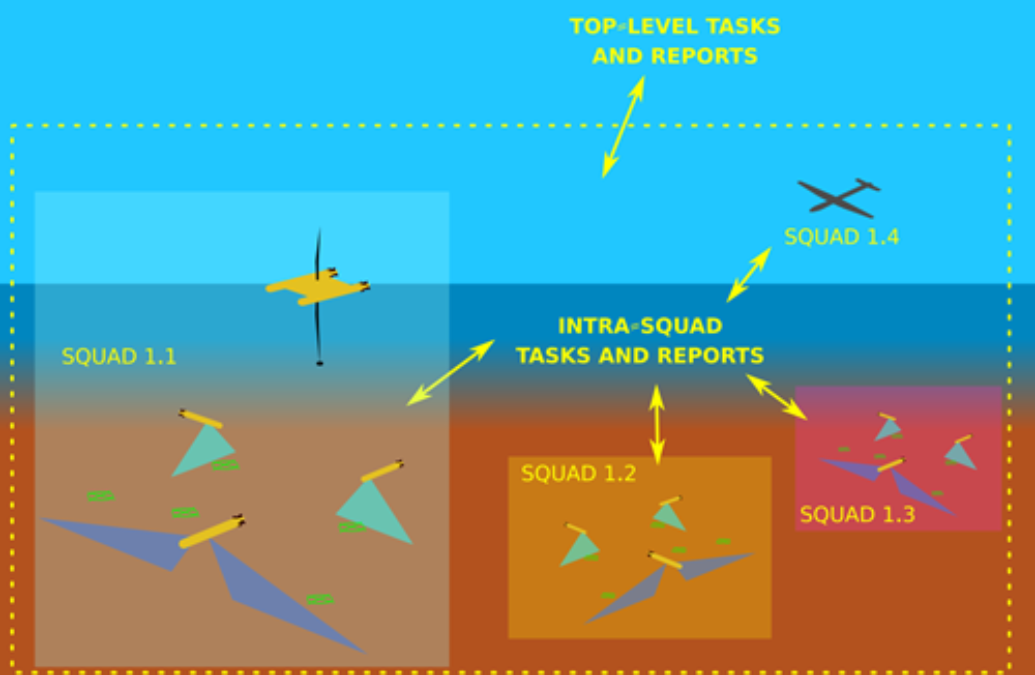
SeeByte awarded contract to demonstrate interoperability in Maritime Autonomous Systems
Unmanned maritime systems software experts, SeeByte, have been awarded a contract under Dstl’s R-Cloud framework to continue work with the SCI-343 Research Task Group (RTG) “Enabling Federated, Collaborative Autonomy”.
The aim of the research is for the negotiation, maturation, and testing of a communications protocol for the autonomous collaboration of multi-domain robotic vehicles in communication-limited environments. The overarching goal of the group is to allow systems operating with any autonomy software to integrate to this protocol and interoperate with any other system using the protocol.
SeeByte’s mission-level autonomy system, Neptune, will be modified for the task to demonstrate interoperability between different autonomous systems.
Neptune's decentralised autonomy architecture allows multiple tasks to be run in parallel, with the vehicles automatically taking responsibility for tasks. This optimises mission execution by allowing interchangeability, where vehicles can swap tasks, add new tasks, or manage malfunctions. Information is shared across the entire squad, as communication allows, but the decentralised autonomy ensures vehicles operate even in comms-denied environments.
“Interoperability between autonomous systems, and in particular in comms limited environments, is a great challenge in the underwater domain. It is a great opportunity for us to provide a solution and to demonstrate this capability at sea”
said Andrea Munafo, SeeByte’s Engineering Manager.
SeeByte is planning to demonstrate their collaborative autonomy capability using SCI-343 at sea during REPMUS 2022.
Interoperability in Maritime Autonomous Systems. Courtesy Dstl